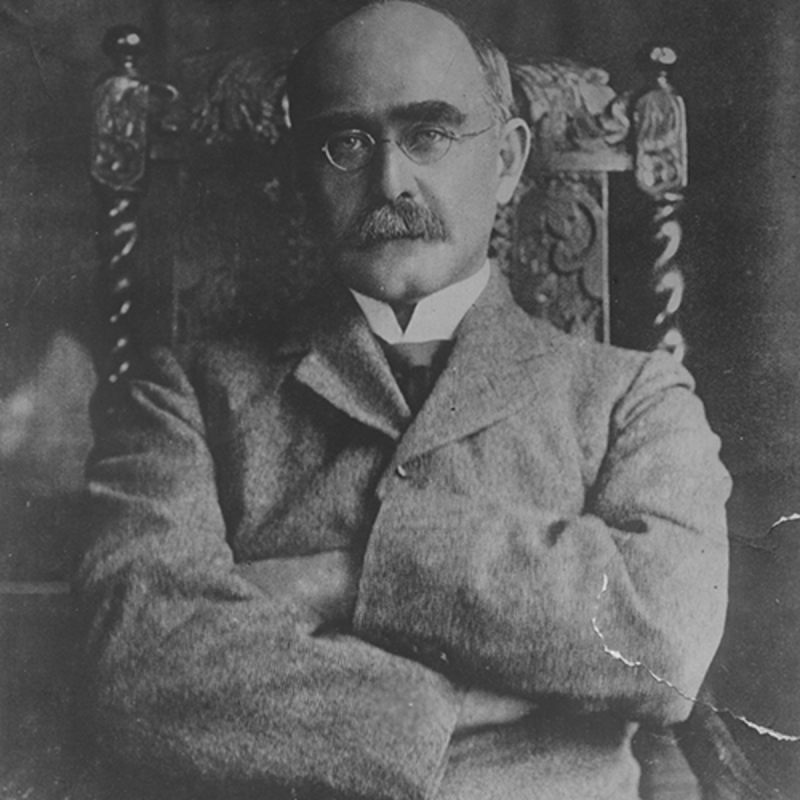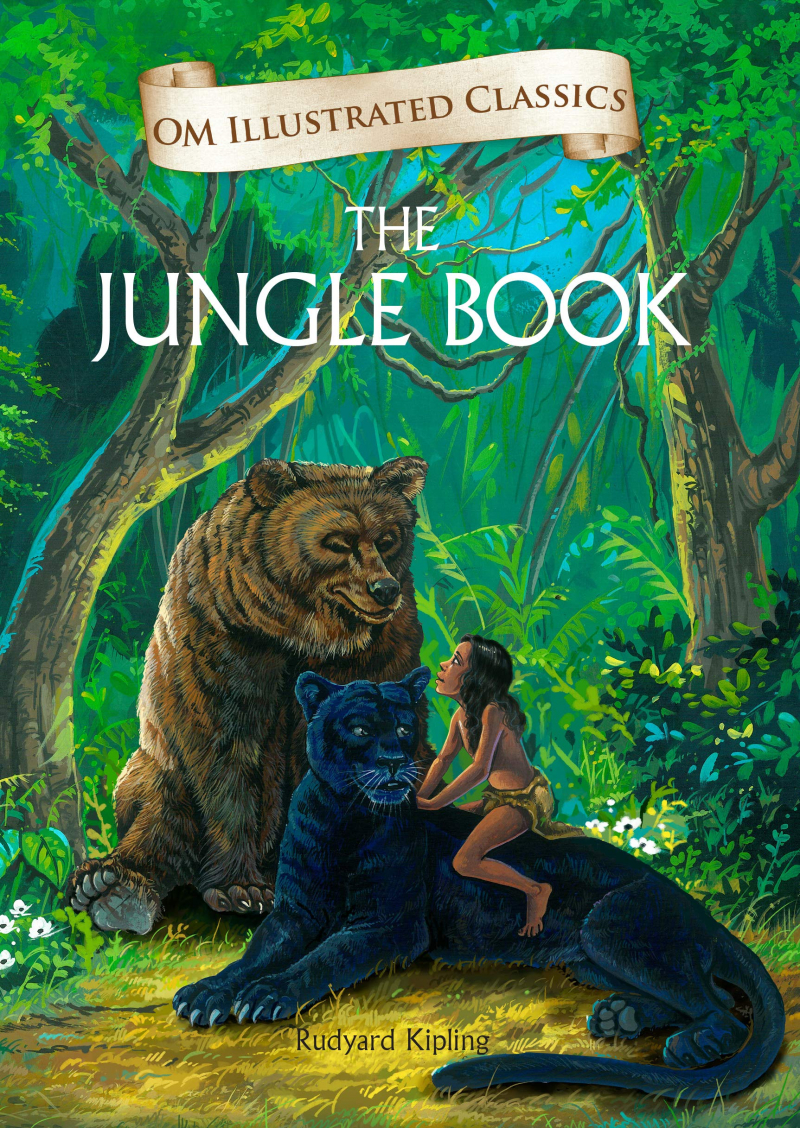Joseph Rudyard Kipling
Joseph Rudyard Kipling was an English journalist, short story writer, poet, and novelist who lived from December 30, 1865, to January 18, 1936. He was born in British India, where he drew inspiration for a lot of his work. Kipling was one of the most popular writers in the United Kingdom in the late 19th and early 20th century. "Kipling strikes me as the most complete man of genius, as distinct from good intelligence, that I have ever known," Henry James observed. He was the first English-language writer to receive the Nobel Prize in Literature in 1907, and at the age of 41, he was the prize's youngest recipient to date.
The Jungle Book (1894), Kim (1901), and a number of short stories, including "The Man Who Would Be King," are among Kipling's works of fiction (1888). "Mandalay" (1890), "Gunga Din" (1890), "The Gods of the Copybook Headings" (1919), "The White Man's Burden: The United States and the Philippines" (1899), and "If—" are some of his poems (1910). He is regarded as a pioneer in the field of short fiction. His children's novels have become classics, with one critic describing him as having "a diverse and dazzling narrative gift".
The Jungle Book became a motivational book for Cub Scouts, a junior aspect of the Scouting movement, because to its moral tone. After a direct petition from Robert Baden-Powell, the founder of the Scouting movement, who had originally asked for the author's permission to use the Memory Game from Kim in his scheme to develop the morale and fitness of working-class youths in cities, Kipling approved this use of the book's universe.












